Preservation Futures: Society
Kleinman Forum, 220 South 34th Street, Fisher Fine Arts Library 4th Floor, Philadelphia
Stuart Weitzman School of Design
102 Meyerson Hall
210 South 34th Street
Philadelphia, PA 19104
Kleinman Forum, 220 South 34th Street, Fisher Fine Arts Library 4th Floor, Philadelphia
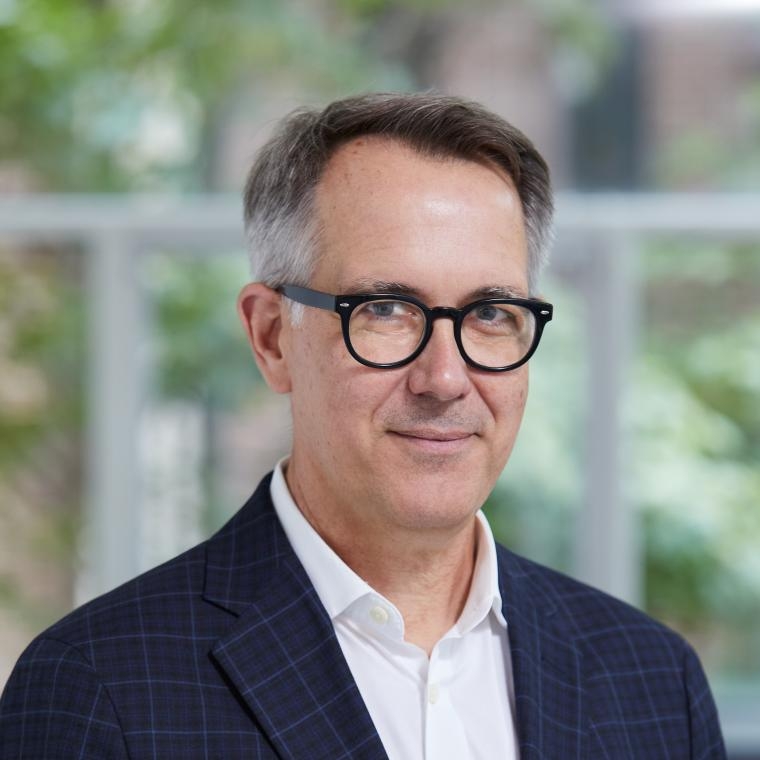 Randy Mason
Professor, Historic Preservation / City & Regional Planning
Randy Mason
Professor, Historic Preservation / City & Regional Planning
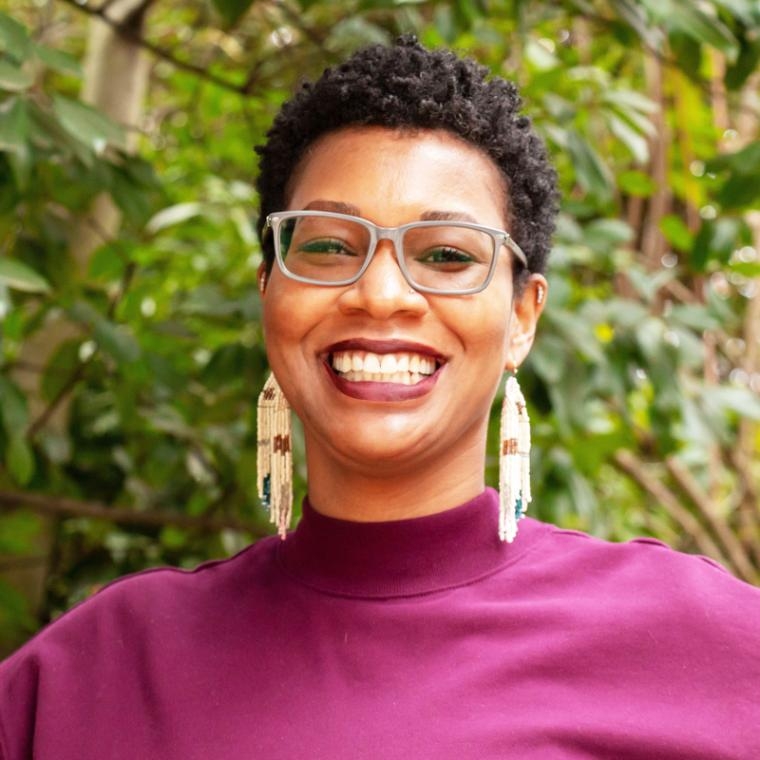 Amber Wiley
Matt and Erika Nord Director, CPCRS; Presidential Associate Professor, Historic Preservation
Amber Wiley
Matt and Erika Nord Director, CPCRS; Presidential Associate Professor, Historic Preservation
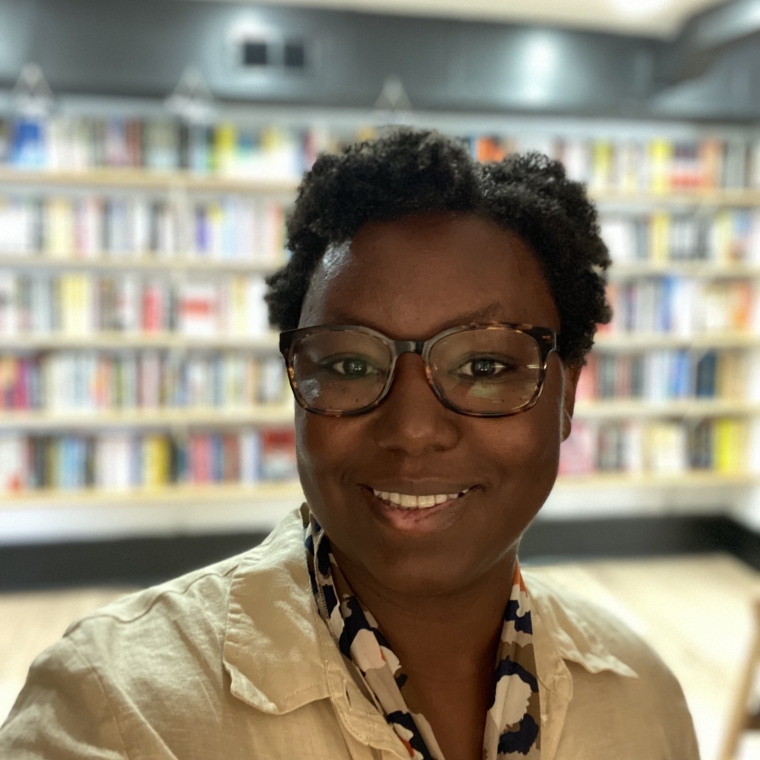 Fallon Samuels Aidoo
Assistant Professor of Real Estate & Historic Preservation, Tulane School of Architecture
Fallon Samuels Aidoo
Assistant Professor of Real Estate & Historic Preservation, Tulane School of Architecture
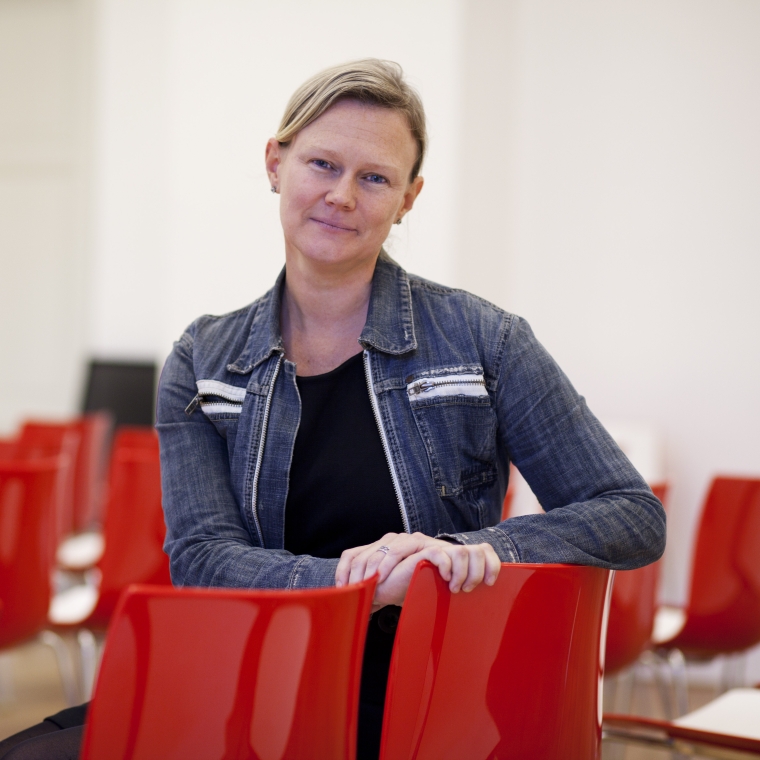 Kimberly Bowes
Professor of Classical Archaeology at the University of Pennsylvania
Kimberly Bowes
Professor of Classical Archaeology at the University of Pennsylvania
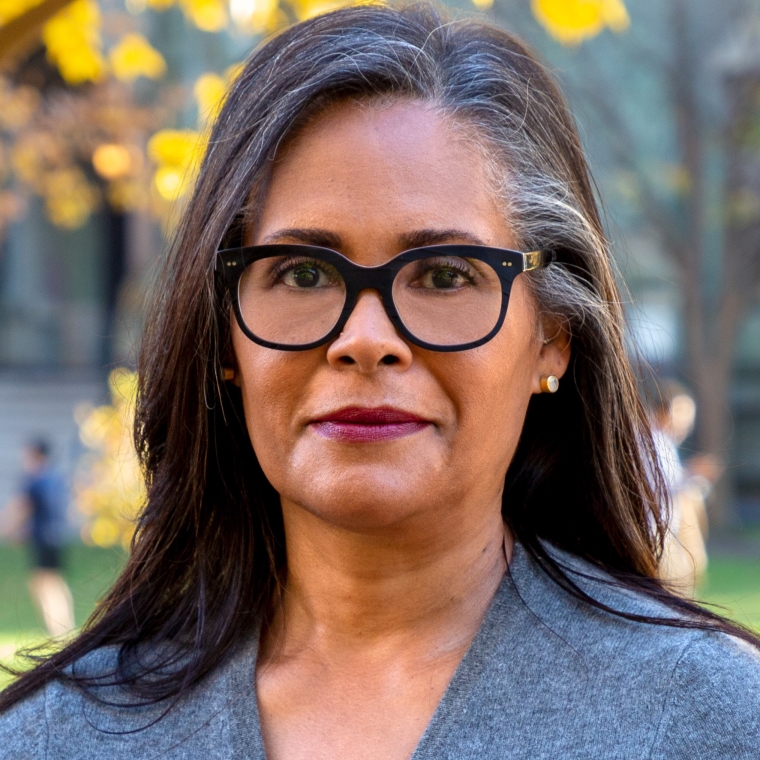 Camille Z. Charles
Walter H. and Leonore C. Annenberg Professor in the Social Sciences, Sociology, Africana Studies
Camille Z. Charles
Walter H. and Leonore C. Annenberg Professor in the Social Sciences, Sociology, Africana Studies
Randy Mason and Amber Wiley in conversation with Fallon Samuels Aidoo, Kimberly D. Bowes and Camille Z. Charles
This will be a hybrid event. You may attend in person (lunch will be provided) or join via Zoom. Register for the Zoom meeting.
This roundtable will take up the question of historic preservation’s contribution to and engagement with broader societal issues and needs. We seek to understand the ways in which preservation draws on the knowledge, insights, and ideas generated by social scientists – and how the preservation field connects our understanding of social histories (from the ancient to the recent past) to contemporary social reform. Furthermore, we hope to contemplate ways that preservation can be used as a tool of social, racial, and economic justice. What are the possibilities for preservation to serve as a means of structural redress from past inequities and erasures as well as policies such as redlining, urban renewal, and highway construction in the urban and built environment?
Preservation Futures is an initiative of the Stuart Weitzman School of Design Department of Historic Preservation aiming to build an understanding of how the preservation field has changed – and is changing – in light of urgent calls for social and environmental justice and better science. The professional foundations of the historic preservation field reflect the very different times in which they were laid down. Dramatic upheavals in global society have been met with incremental changes in preservation policy and practice. What kind of preservation field is needed by contemporary societies? What will future societies demand? Facing enormous existential and practical challenges, we wish to reconsider the nature of preservation as a cognate field of study and practice, and its role in intellectually, politically, and practically shaping built environments. Building on the growing discourse around preservation and heritage futures, the PF Roundtables explore the direction of our department in light of these conversations. We invite discussion and debate that is multi-disciplinary, multi-generational, inclusive, intellectually serious, and practically responsible.
Randy Mason is a Professor in the Departments of Historic Preservation and City & Regional Planning. His courses focus on historic preservation planning, urban conservation, history, and cultural landscape studies. Mason's research interests include history and theory of preservation, preservation planning, the economics of preservation, historic site management, and the history and design of memorials. He served as Program Chair from 2009-2017 and Executive Director of PennPraxis from 2014-2017.
Mason leads two research groups: the PennPraxis’ Urban Heritage Project, which undertakes planning, preservation and cultural landscape projects for the National Park Service and other clients; and the Center for the Preservation of Civil Rights Sites, which conducts research, teaching and fieldwork related to Black heritage places marking civil rights histories.
Amber Wiley is a Presidential Associate Professor in Historic Preservation and the inaugural Matt and Erika Nord Director of the Center for the Preservation of Civil Rights Sites (CPCRS). Her research interests center on the social aspects of design and how it affects urban communities – architecture as a literal and figural structure of power. She focuses on the ways local and national bodies have made the claim for the dominating narrative and collective memory of cities and examines how preservation and public history contribute to the creation and maintenance of the identity and sense of place of a city. Her publications cover African American and African diasporic cultural heritage, urbanism in New Orleans, school design, urban renewal, and preservation. Her current book project is entitled Model Schools in the Model City: Race, Planning, and Education in the Nation’s Capital.
Fallon Samuels Aidoo is a preservation planner interested in the history and future of real estate that is vital to cultural resilience and community survival, especially ethnic heritage threatened by disinvestment, development, deterioration, and disasters. Her research and teaching of urban design and development builds knowledge of real estate reinvestment, revitalization, and retrofit by governmental, private, philanthropic, and nonprofit organizations—and the lack thereof in places predominantly occupied by Black, Indigenous, and immigrant populations. These analyses of preservation policy and practice appear in peer-reviewed journals and books (e.g. Preservation & Social Inclusion, Future Anterior, Journal of Environmental Studies & Science, Change over Time, Routledge Handbook on Cultural Heritage and Disaster Risk Management). Her community-engaged scholarship also advance historic place/district nominations, Historic Context Statements, NHPA Section 106 Reviews, and the public storytelling of her consulting clients. Studio RxP, her preservation and planning consulting firm, she has secured grants from the National Trust for Historic Preservation as well as state and federal agencies for clients such as the African American Heritage Trail of Martha’s Vineyard and Tulsa’s Greenwood Chamber of Commerce.
Dr. Aidoo, who serves on Louisiana’s National Register of Historic Places Review Committee, is currently an Assistant Professor of Real Estate and Historic Preservation at Tulane School of Architecture and a Faculty Fellow in the Tulane Mellon Program in Community Engaged Scholarship. She recently held the Jean B. Boebel Endowed Professorship in Historic Preservation and served on the Louisiana Climate Initiatives Task Force as Assistant Professor of Planning & Urban Studies at the University of New Orleans. Previously Dr. Aidoo taught architecture and urbanism at Northeastern University, Harvard, and MIT while researching hazards to historic structures for VREF, AECOM, DMJM. Dr. Aidoo holds a PhD in urban planning (Harvard), M.S. in architectural history (MIT) and B.S. in civil / structural engineering (Columbia University).
Kimberly D. Bowes is a professor of classical archaeology at the University of Pennsylvania. Her current research addresses the economic histories of Roman working people and the poor. Kim uses archaeological and historical evidence to reveal the lived experience of the 90% - the majority of the ancient population who labored, from small farmers to artisans, enslaved and free. Her work not only seeks to restore the working majority to ancient history, but to reframe economic history around those who worked.
Kim is a field archaeologist and has co-directed projects around the Mediterranean, most recently the Roman Peasant Project in Italy. This project drew together specialists on ancient plants and animals, geology, archaeology and history to reveal the lives of Roman small farmers – their agriculture and housing, diet and trade.
Kim’s work has been supported by the National Endowment for the Humanities and the National Science Foundation. She was the 22nd Director of the American Academy in Rome.
Camille Z. Charles is Walter H. and Leonore C. Annenberg Professor in the Social Sciences in the Departments of Sociology and Africana Studies, and in the Graduate School of Education at the University of Pennsylvania. Her research interests are in the areas of racial inequality, racial identity, racial attitudes, intergroup relations, residential segregation, and higher education. Professor Charles currently serves as Chair of the Department of Africana Studies, and as Interim Director of the Center for Africana Studies. In addition to these roles, she is also Faculty Co-Director of Penn First Plus, the University’s initiative to support first-generation, low-income Penn students. And, since 2006 she has served as Director of the Center for Africana Studies Summer Institute for Pre-Freshmen.
She is author of Won’t You Be My Neighbor: Race, Class and Residence in Los Angeles, which explores explanations for persisting residential segregation by race, and co-author of The Source of the River: The Social Origins of Freshmen at America’s Selective Colleges and Universities and Taming the River: Negotiating the Academic, Financial, and Social Currents in Selective Colleges and Universities, each based research from The National Longitudinal Survey of Freshmen (NLSF), an effort to understand racial differences in the experience of elite higher education in the United States. Most recently, she is co-author of the forthcoming book, Young, Gifted, and Diverse: Origins of the New Black Elite, which employs a mixed-methods approach and an intersectional framework to explore the varied and multiple dimensions of diversity among Black students in elite higher education.
Professor Charles earned her Ph.D. in at the University of California, Los Angeles in 1996.
If you require any accessibility accommodation, such as live captioning, audio description, or a sign language interpreter, please email news@design.upenn.edu. Please note, we require at least five (5) business days’ notice.